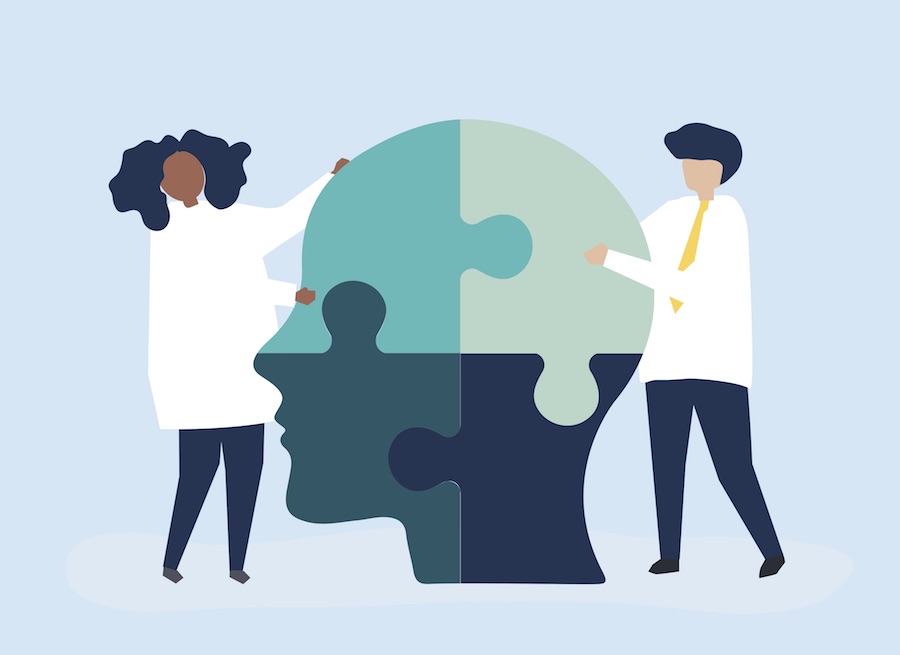When Unemployment Impacts Mental Health
By Christina Withey
July 2020
The current economic instability that the world is facing during the COVID-19 pandemic has resulted in job losses and hiring freezes nationwide, and globally across all industries. Unemployment can directly and negatively impact mental health and well-being. The risk of increased depression, stress and anxiety during times like this are a major concern, so it is critical to prioritize self-care and your personal mental health.
When you lose your job or find yourself having difficulty landing a new gig, you are struggling with more than lost income and fear of the unknown. The isolation of lost work relationships and social contacts is yet another struggle, as is maintaining a sense of self-worth.
I would like to review some helpful coping strategies that you can implement to prioritize your mental health during a period of unemployment:
Allow yourself some time to grieve and adjust.
Finding yourself out of work, especially during a time where millions have been laid off and furloughed, can cause a lot of worry, disappointment and insecurity. You may go through many stages of grief and have a lot of unpleasant feelings. This is normal, so don’t beat yourself up. Your job loss is a temporary setback, and you will eventually rise out of it.
Understand that routines are critical.
Sticking to a routine can help with productivity and motivation. Set your alarm and wake up at a fixed time every day, just as you did when you were going to work. Have breakfast and lunch at your usual times, too. Schedule specific windows for responding to emails and applying for positions. If you need to sign off and take a break, then do it. Be kind to yourself, because none of this is easy.
Seek support from your inner circle and peers.
Try not to isolate yourself any more than necessary. Look for groups of other job seekers to share ideas, feelings and helpful strategies. Stay in touch with your friends and family — they may not have solutions, but a good listener can be of immense value. And do not be afraid to seek therapy if you are having a particularly hard time. Many therapists offer sliding scale fees, and that may be helpful if your insurance has lapsed.
Do things that you enjoy.
It’s easy to lose passion for your hobbies and the simple things that you once loved while also struggling with depression and anxiety. Just do the best you can. Try not to lose sight of the things that bring you happiness. If you find it hard to get started, then schedule time for these activities into your daily routine. Pick up a new book or spend time outdoors. Some universities are offering a variety of interesting free classes to take during the pandemic.
Just breathe.
Some days will be more challenging than others, so take it one day at a time. Check out the multitude of free meditation apps and yoga videos. These might teach you helpful ways to practice calming and mindfulness techniques that will serve you well during a time of hardship, and they may end up being skills that you can carry with you afterward, too.
Remember: You are worth so much more than your employment status. You can — and will — get through this.
photo credit: rawpixel



